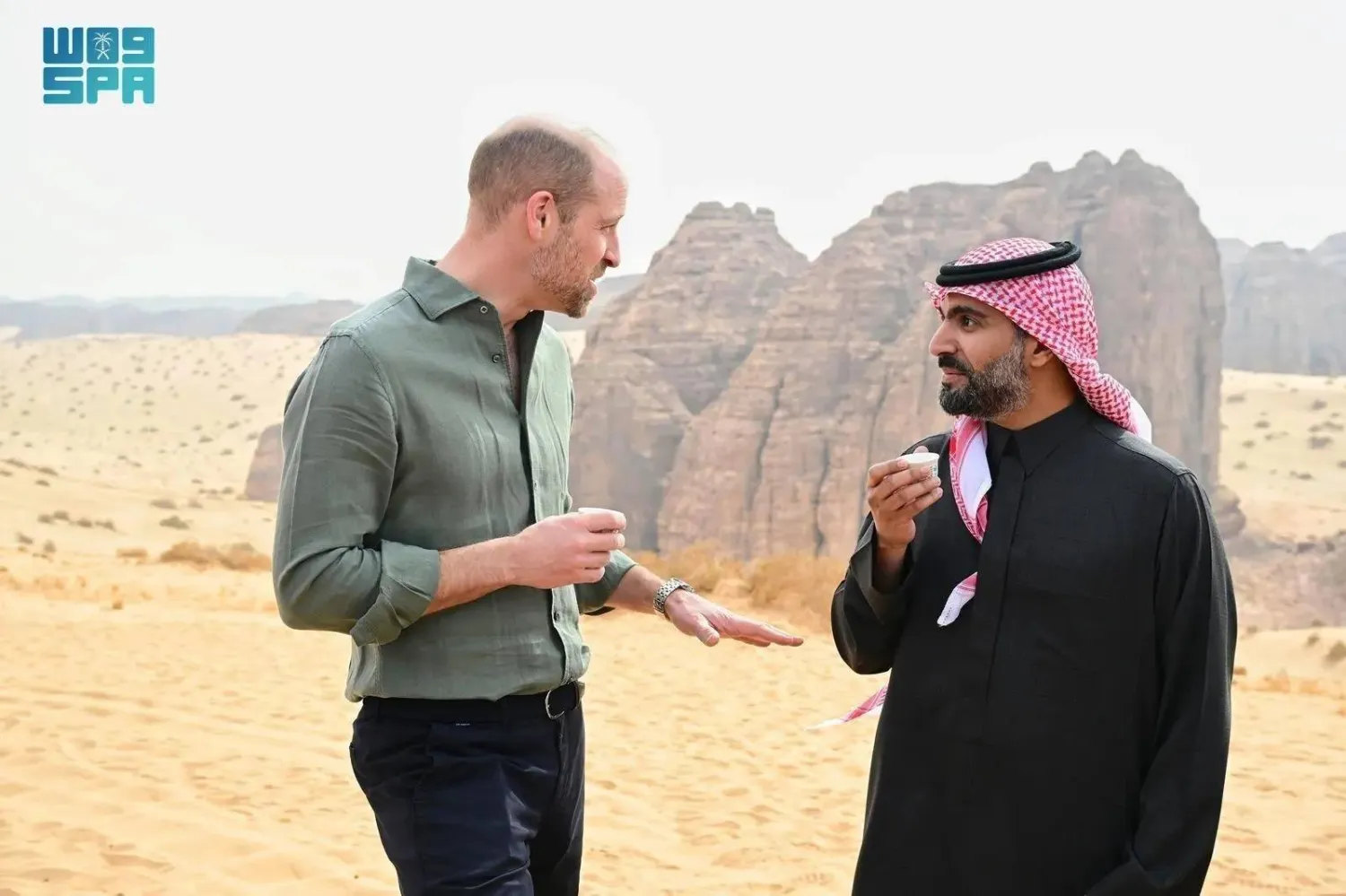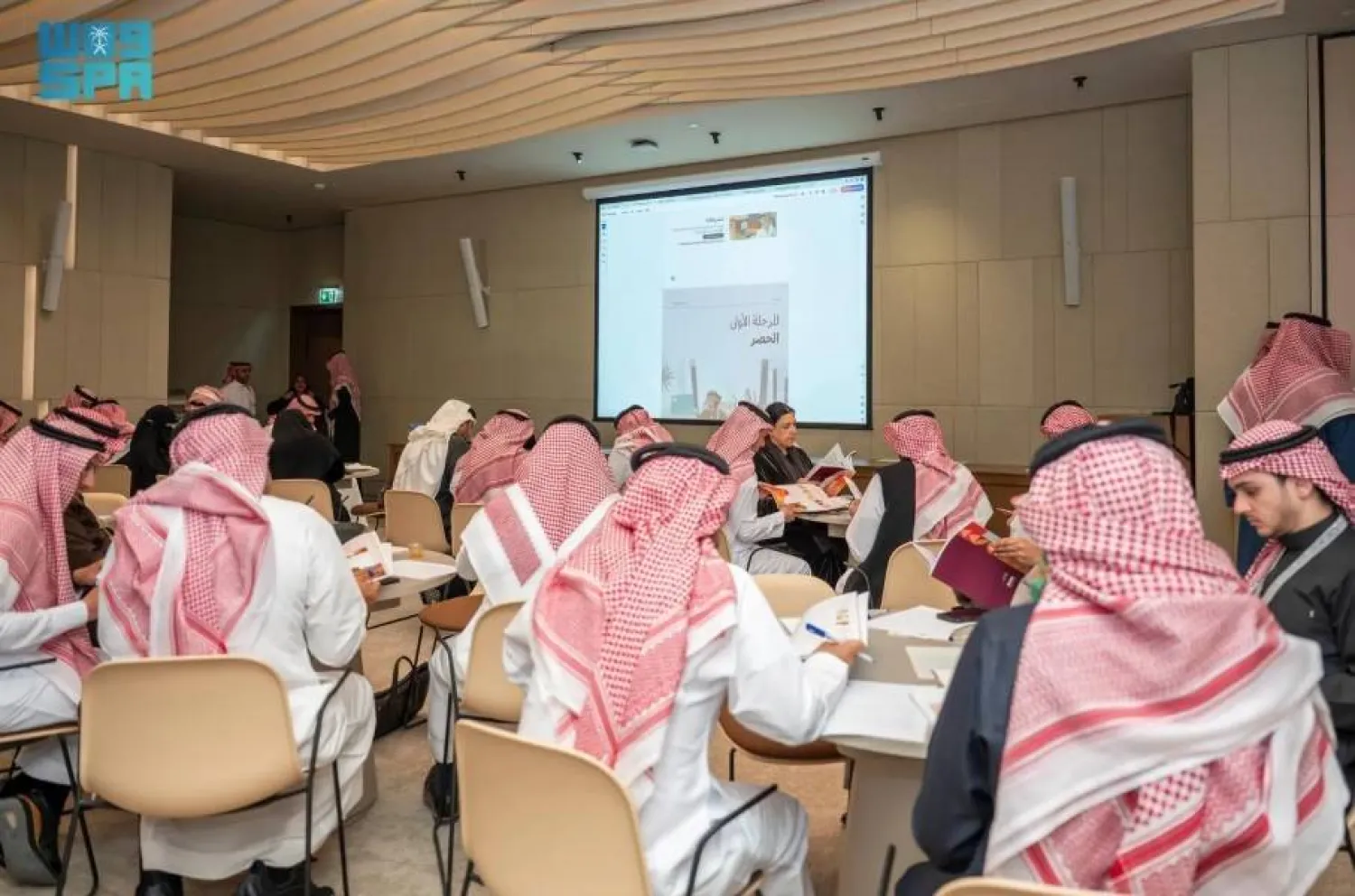The Royal Institute of Traditional Arts has played a key role in this year's Hajj season, continuing its mission to promote Saudi Arabia's rich artistic heritage, in line with the Kingdom's commitment to serving pilgrims, The Saudi Press Agency (SPA) reported on Saturday.
The institute distributed special gifts to pilgrims, prayer rugs adorned with traditional Saudi artistic engravings from across the Kingdom, including those found on Najdi doors, Rawashin, Sadu textiles, and Al-Qatt Al-Asiri decorations, which are testimony to the remarkable depth of Saudi culture and highlight the unique character of Saudi art forms, SPA said.
Each prayer rug comes with a tri-lingual welcome card (Arabic, English, and Urdu) – a thoughtful effort by the institute to introduce pilgrims to Saudi culture and its treasured traditional arts, the news agency added.









